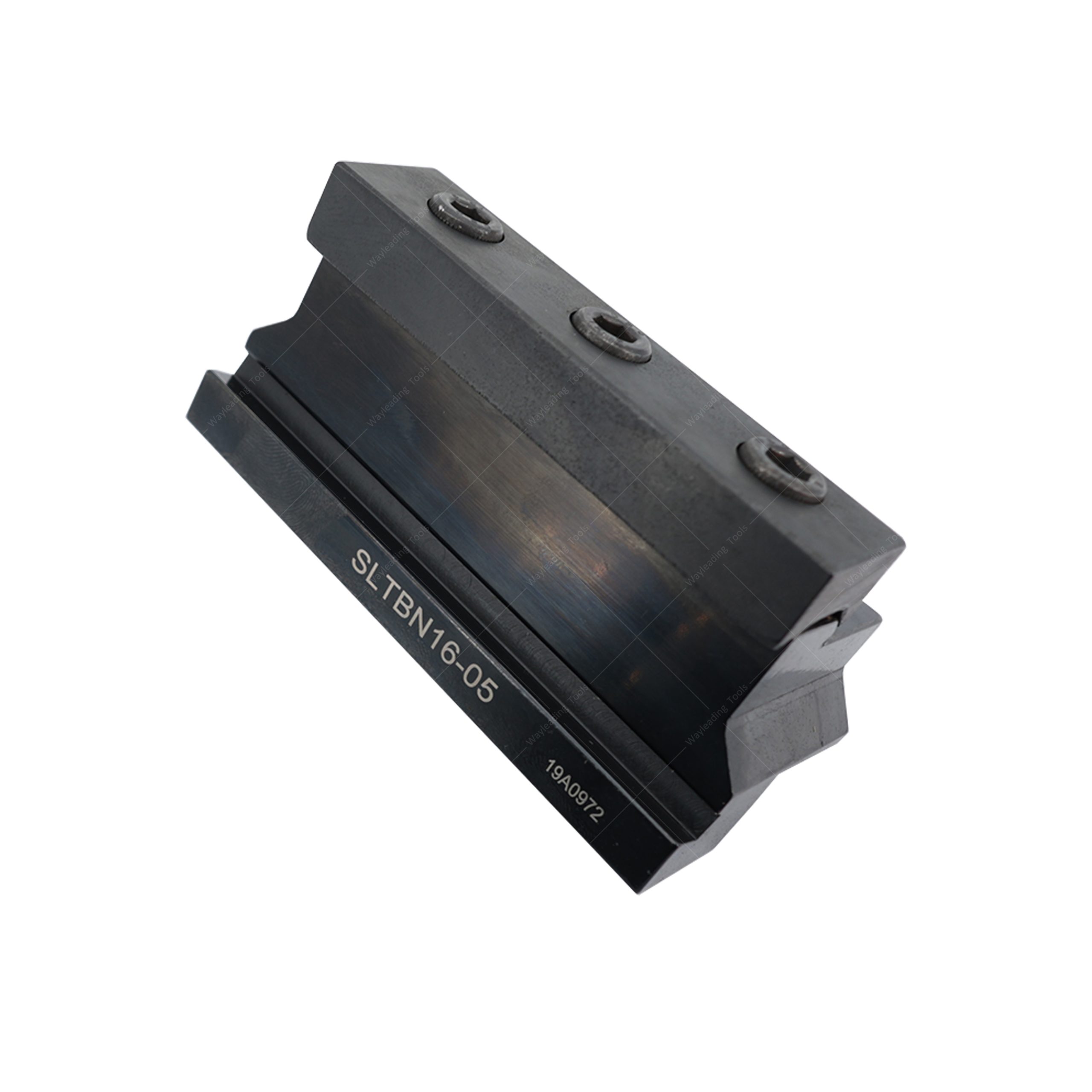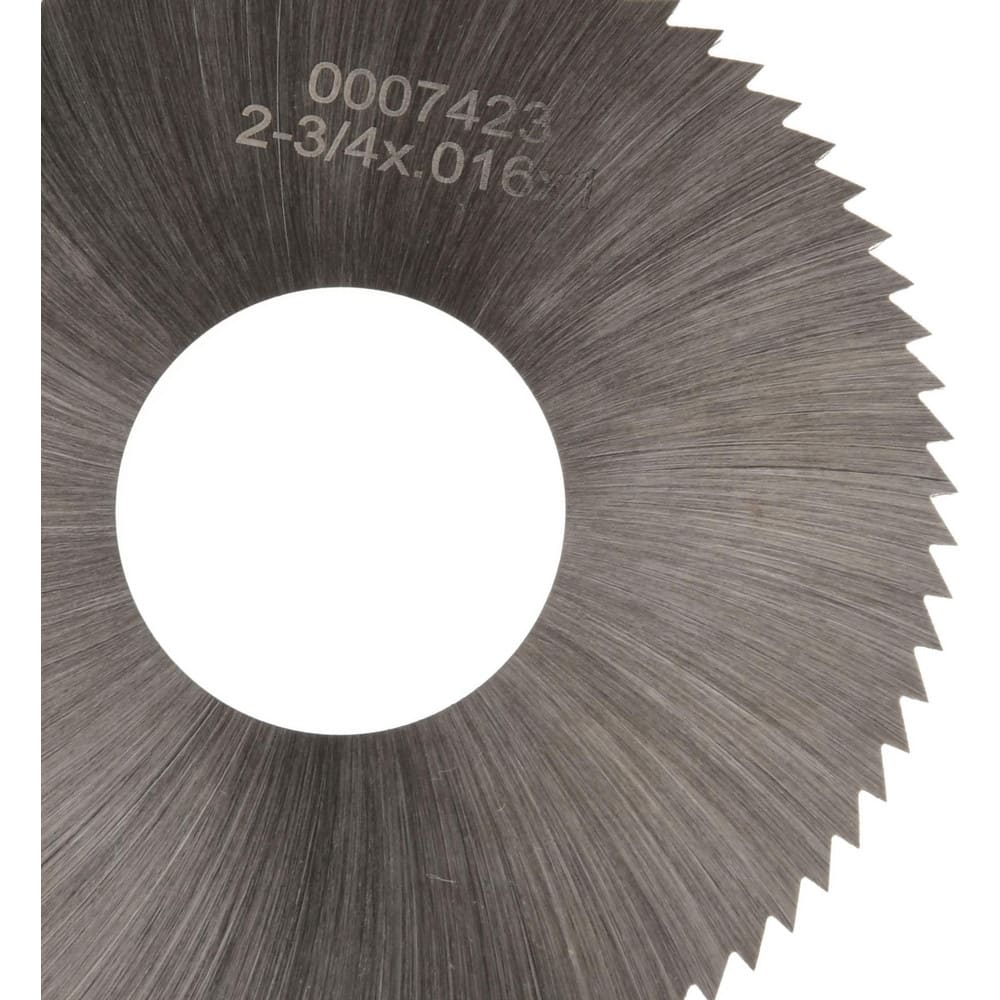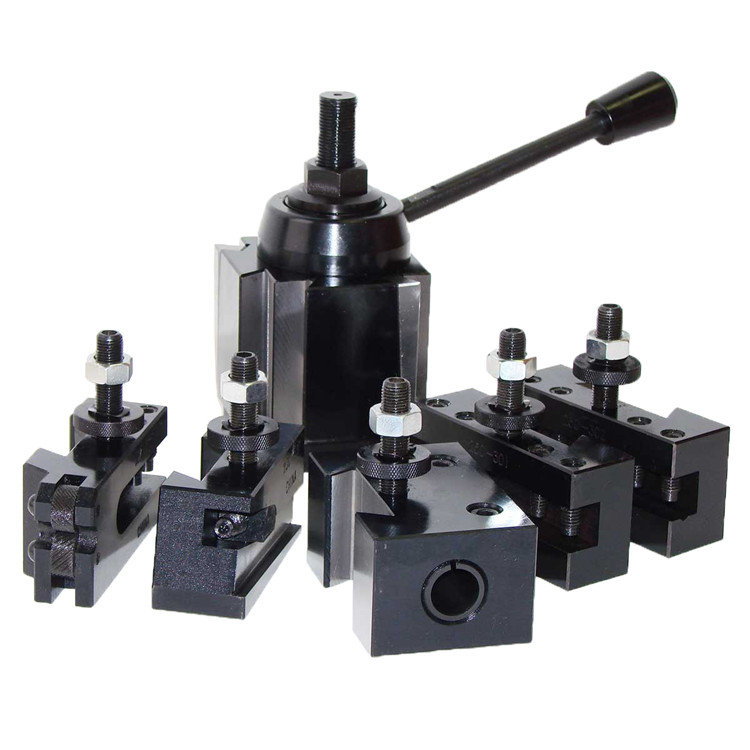carbide drilling bits
Carbide drilling bits are known for their exceptional hardness, heat resistance, and wear resistance, making them ideal for drilling through tough materials like hardened steel, cast iron, and abrasive non-ferrous metals. Selecting the correct carbide drilling bit requires careful consideration of material type, drilling depth, shank type, and coating. This guide provides a detailed overview to help you choose the best carbide drilling bits for your specific application, ensuring efficient and accurate drilling.Understanding Carbide Drilling BitsCarbide drilling bits are composed of extremely hard materials like tungsten carbide, titanium carbide, or tantalum carbide. This inherent hardness allows them to maintain a sharp cutting edge at high temperatures and resist wear far better than high-speed steel (HSS) bits. This is especially important when working with abrasive materials or at high drilling speeds.Types of Carbide Drilling BitsVarious types of carbide drilling bits cater to different drilling needs: Solid Carbide Drilling Bits: Made entirely of carbide, offering maximum rigidity and performance, especially for deep hole drilling. Carbide-Tipped Drilling Bits: Feature a carbide tip brazed or welded to a steel shank. These provide a cost-effective alternative for less demanding applications. Indexable Insert Drills: Use replaceable carbide inserts, allowing for quick tool changes and cost savings when the cutting edge wears out. Coolant Through Drills: Designed with internal coolant channels to deliver coolant directly to the cutting edge, improving chip evacuation, extending tool life, and allowing for higher cutting speeds.Factors to Consider When Choosing Carbide Drilling BitsSelecting the appropriate carbide drilling bit is crucial for achieving optimal drilling performance and tool life. Here are key factors to consider:Material to Be DrilledThe type of material you're drilling significantly influences the choice of carbide drilling bit. Harder and more abrasive materials require bits with higher carbide content and specialized coatings. Steel: For drilling steel, including stainless steel and hardened steel, choose carbide drilling bits with a high cobalt content for increased heat resistance. Cast Iron: Use carbide drilling bits with a strong cutting edge and good wear resistance. Aluminum: Select carbide drilling bits with a polished flute to prevent material buildup and ensure smooth chip evacuation. Composites: Specialized carbide drilling bits with unique geometries are available for drilling composites like carbon fiber, minimizing delamination and splintering.Drilling Depth and DiameterThe drilling depth and diameter affect the stability and chip evacuation requirements of the bit. For deep hole drilling, choose bits with coolant channels and a rigid shank. The Wayleading Tools recommends using solid carbide bits for deep hole drilling.Shank TypeThe shank is the part of the bit that fits into the drill chuck. Common shank types include: Straight Shank: Suitable for most standard drilling applications. Reduced Shank: Allows larger diameter bits to be used in smaller drill chucks. Tapered Shank: Provides a secure and rigid connection for heavy-duty drilling. SDS Shank: Designed for rotary hammers, providing a secure and quick-change connection.CoatingsCoatings enhance the performance and longevity of carbide drilling bits. Common coatings include: Titanium Nitride (TiN): Increases surface hardness and wear resistance. Titanium Carbonitride (TiCN): Provides excellent wear resistance and is suitable for abrasive materials. Aluminum Titanium Nitride (AlTiN): Offers superior heat resistance and is ideal for high-speed drilling of hard materials. Diamond Coating: Provides exceptional hardness and wear resistance for drilling highly abrasive materials.Carbide Drilling Bits: Performance Comparison Feature HSS Bits Carbide Drilling Bits Hardness Lower Higher Heat Resistance Lower Higher Wear Resistance Lower Higher Cost Lower Higher Material Compatibility Softer Materials Harder, Abrasive Materials Tips for Using Carbide Drilling BitsTo maximize the performance and lifespan of your carbide drilling bits, follow these tips: Use the correct speed and feed: Refer to the manufacturer's recommendations for the optimal speed and feed rate for the material you're drilling. Apply coolant: Coolant helps to dissipate heat, lubricate the cutting edge, and remove chips. Maintain consistent pressure: Avoid excessive force, which can damage the bit. Sharpen dull bits: Sharpening dull bits restores their cutting edge and prevents them from overheating. Store bits properly: Store bits in a dry and organized manner to prevent damage.Where to Buy High-Quality Carbide Drilling BitsWhen purchasing carbide drilling bits, consider reputable suppliers known for quality and reliability. Wayleading Tools, at www.wayleading.com, offers a wide selection of high-performance carbide drilling bits designed to meet the demands of various industrial applications. Choosing a reliable supplier like Wayleading Tools ensures you receive genuine products and expert support.ConclusionSelecting the right carbide drilling bit is essential for efficient and accurate drilling, especially when working with tough materials. By considering the material type, drilling depth, shank type, and coating, you can choose a bit that provides optimal performance and longevity. Remember to use the correct drilling techniques and maintain your bits properly to maximize their lifespan. Explore the range of carbide drilling bits available at Wayleading Tools to find the perfect solution for your drilling needs.
Related products
Related products
Best selling products
Best selling products-
 5C Hex Collet With Inch and Metric Size
5C Hex Collet With Inch and Metric Size -
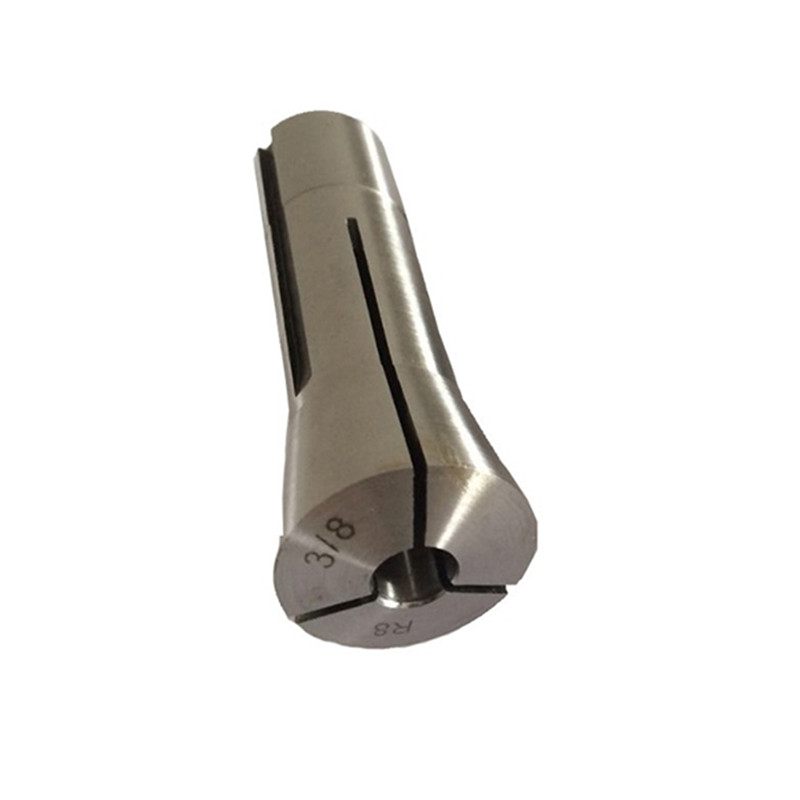 R8 Round Collet With Inch and Metric Size
R8 Round Collet With Inch and Metric Size -
 Precision 8pcs & 9pcs Angle Blocks Set With High Quality Type
Precision 8pcs & 9pcs Angle Blocks Set With High Quality Type -
 HSS ISO Metric Round Die Wieh Splite Or Adjustable Splite Type
HSS ISO Metric Round Die Wieh Splite Or Adjustable Splite Type -
 Inch HSS Step Drills with Straight Flute
Inch HSS Step Drills with Straight Flute -
 HSS Threading Taps – ISO 529, Straight Flute, Spiral Flute & Spiral Point
HSS Threading Taps – ISO 529, Straight Flute, Spiral Flute & Spiral Point -
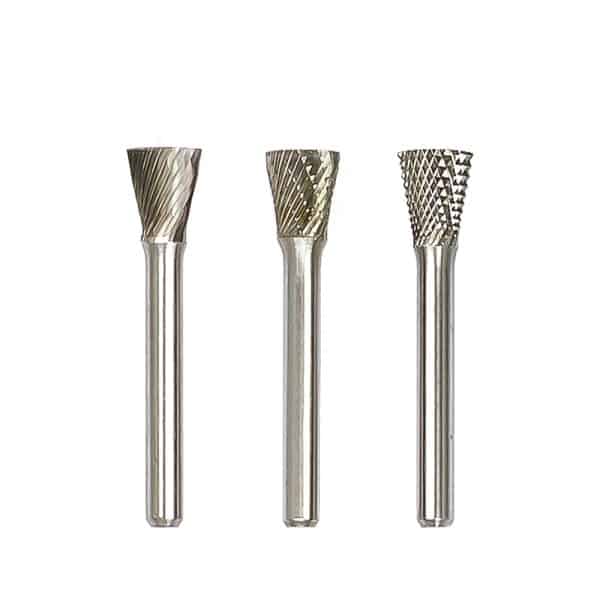 Type N Inverted Cone Tungsten Carbide Rotary Burr
Type N Inverted Cone Tungsten Carbide Rotary Burr -
 Precision Vernier Caliper With Nib Style Jaws Of Metric & Imperial For Industrial
Precision Vernier Caliper With Nib Style Jaws Of Metric & Imperial For Industrial -
 HSS Annular Cutters With Weldon Shank For Metal Cutting
HSS Annular Cutters With Weldon Shank For Metal Cutting -
 Deburring Tool Blades Using For Deburring
Deburring Tool Blades Using For Deburring -
 Precision Dial Indicator Gage For Industrial With Jeweled
Precision Dial Indicator Gage For Industrial With Jeweled -
 Precision 2pcs Angle Blocks Set With High Quality Type
Precision 2pcs Angle Blocks Set With High Quality Type
Related search
Related search- AG60 threading insert Manufacturer
- parting and grooving tool holder Factory
- retention knob Manufacturers
- High-Quality SSKC boring bar
- 8pcs solid HSS tool turning set Supplier
- High-Quality counter bores
- Internal & external thread tool holders set Factory
- tool post Manufacturer
- 30pcs indexable boring bar set Manufacturers
- Wholesale milling cutters



